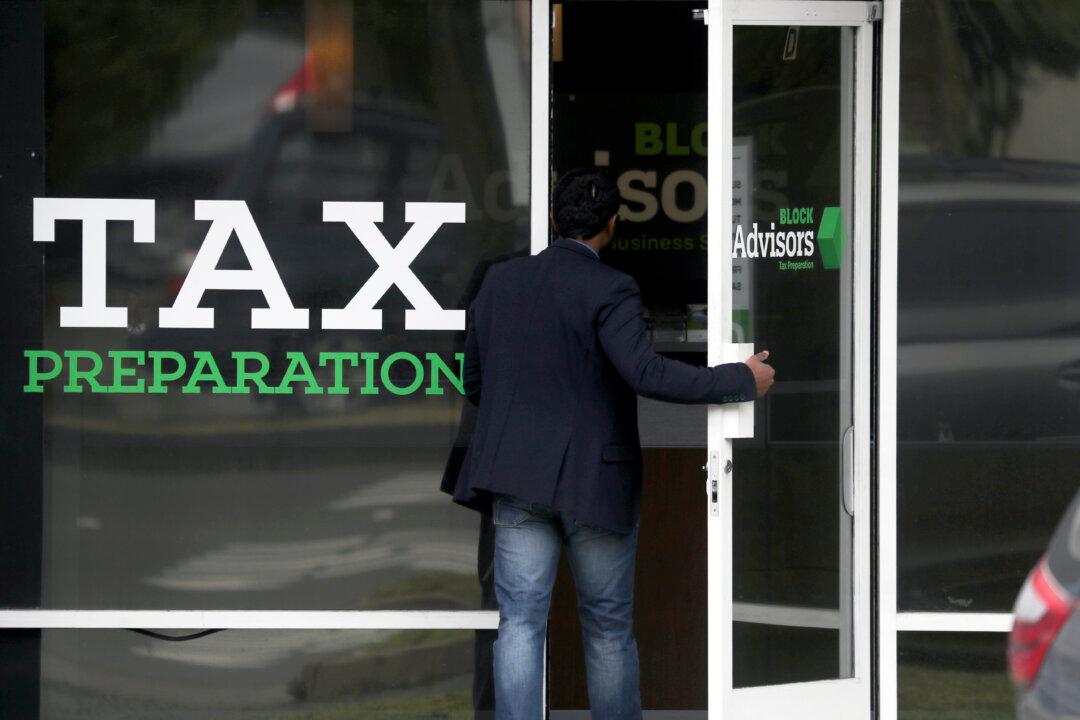REDDING, Calif.—Shasta County, California, swore in a new supervisor on March 1, following a lengthy recall effort that unseated former District 2 Supervisor Leonard Moty, who locals say didn’t represent them on county issues.
Recall Shasta—a group of parents, business owners, doctors, nurses, and teachers—told The Epoch Times that they saw a need for restoring local control to county constituents, so they led a recall effort against three county supervisors.





